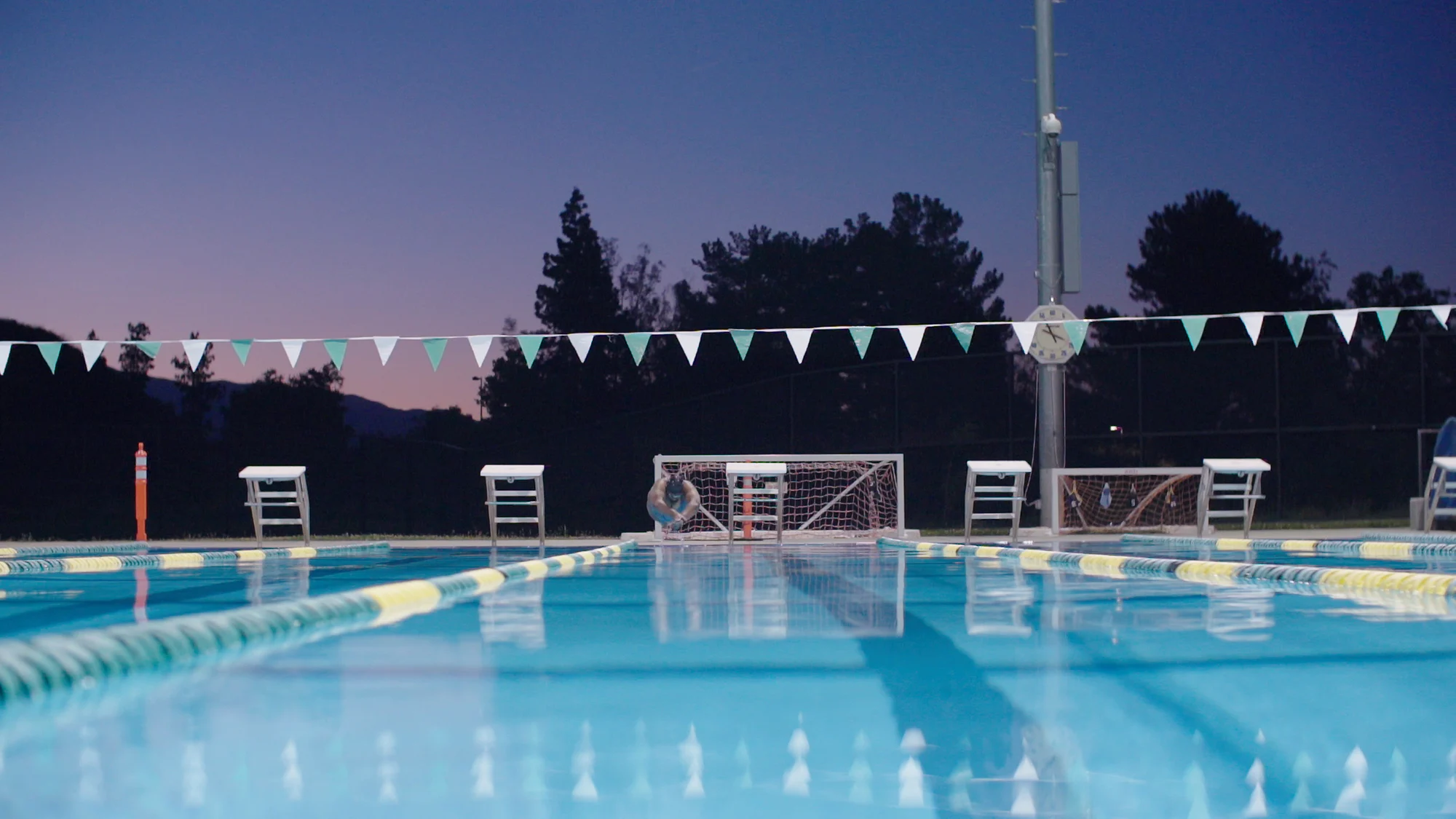
The best storytellers make the personal feel universal, and the universal feel personal. Go too far in one direction and the story becomes inaccessible, unrelatable. Go the other way and it becomes bland and cliched. But get it just right and one person’s story becomes something fascinating both in its individual details and its wider resonance.
Young filmmaker Riley Hooper has mastered this balance. Her short documentaries frequently take stories which, in the wrong hands, could easily become trite and reductive. The blind swimmer who overcame her fears. The world’s oldest mime artist. The disabled street photographer still working New York.
But New York-based Riley makes art which sings. She doesn’t chase metaphor or hit viewers round the head with heavy-handed Big Moments. Instead she throws herself into doing each story justice.
“I think the most important thing you can do when you’re making a short profile doc is to fall in love with your subject, so that you truly understand who they are and what makes them tick,” she says.
That love for her subjects shines through her work. She has a knack for choosing people who are compelling on camera and whose stories we invest in before we realise that we too may have fallen in love with them a little.
It’s perhaps relevant that at college Riley studied religion alongside film, and many of her films have a transcendental quality. After graduating she took an internship with the famous documentary makers the Maysles brothers, after which she wound up working at Vimeo.
That immersed her in the film world, but on a practical level it also gave her unexpected opportunities to create her own work. She met Henry Bendinelli, the subject of her charming short about skiing, companionship and old age, after he sent a support email to Vimeo and it ended up in her inbox. She is always open to where the next story might come from – a magazine article, a random introduction or a story her mum recommends from NPR.
“You never know when you’re going to meet your next subject,” she laughs. But that doesn’t mean Riley is one of those in-your-face arty types always sizing up people as potential subject matter.
“Growing up I was always very shy and quiet. These days I wouldn’t say I’m like that, but I’m also not gregarious. I am always happy to have a conversation with a stranger, but I don’t instigate them myself.
“I started writing for my high school school newspaper and did so all throughout college as well. That’s when I first realized that I could use journalism as a tool to be able to talk to people who I thought were interesting.
“Writing gave me a sense of agency. And the same is true for filmmaking now. I am so thankful I have this tool that allows me to meet people I want to meet and go places I want to go.”
In practical terms, once Riley has an idea for a story, it usually starts with picking up the phone. “I’ve cold called quite a few subjects,” she says. “My only goal in that phone call is to sound as nice and pleasant as possible, and to shower them with compliments, letting them know how interesting I think they are, and how much I want to tell their story.”